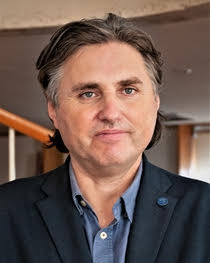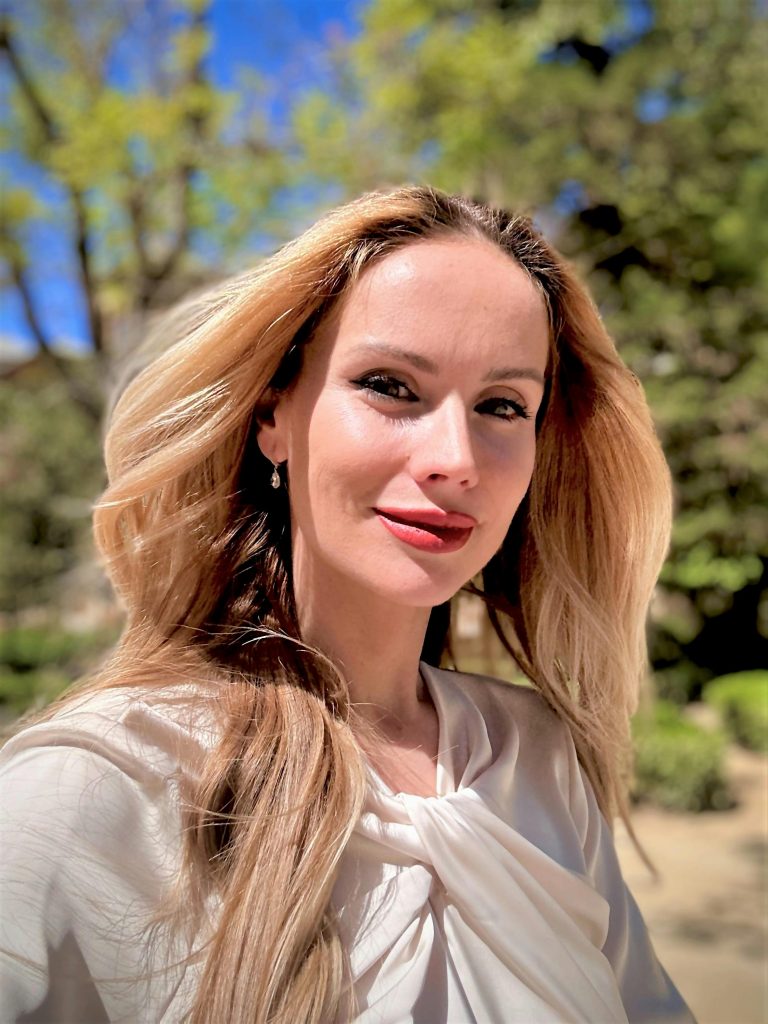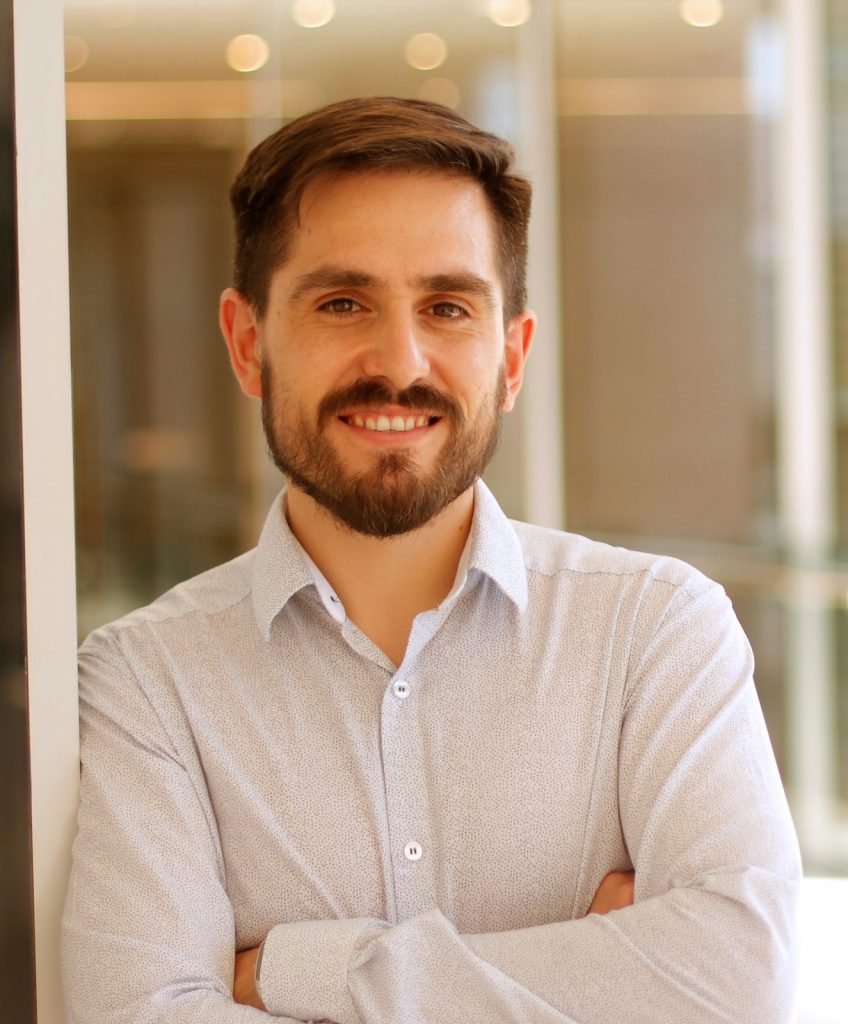5 de Julio – Smart Sensing Systems and AI for Precision Agriculture in Climate Changes Era
Nowadays when the global population is growing by more than 80 million a year reported studies are predicting an increasing pressure on the planet’s natural resources including food resources. The situation is going worst when unpredictable meteorologic events are running up in the context of great climate changes related to the global effect of anthropogenic greenhouse emissions. In this context precision agriculture (PA) combines technologies and practices to optimize agricultural production through specific farm management are considered.
At the same PA focuses on the accuracy of operations considering the place, time to act and method to be applied. Agricultural operations are carried out to reach the production goals using the information provided by the smart sensors and instrumentation increasing the sustainability of operations. Distributed smart sensing system characterized by fixed and mobile nodes (associated with Unnamed Aerial Vehicle (UAV)) is used to turn farming operations into data, and to make future operations a data-driven one. These new including edge and cloud computing that are capable to run artificial intelligence algorithms may contribute to a slight replacement of human decisions based on their accumulated experience with a machine-based decision. This new way to act in agriculture in a digital form combining technologies such as smart sensors, cloud, and mobile computing, data science is related to the fact that classical decisions cannot be applied nowadays when the cultivated areas are much extended, and the adverse meteorological events are occurring frequently that conduct to miss-management with yield losses.
Using smart sensors computation and data analysis the applied quantity of water and fertilizers is optimized. Weather stations could provide additional information such as ambient temperature, relative humidity, and wind velocity that are also used together soil measured quantities such as moisture, pH, conductivity, temperature, and macronutrients concentration (Nitrogen, Potassium, Calcium) to create models to be used for farm operation optimization. Data from distributed sensing systems on the crop field can be also used to avoid plant stress phenomena (e.g. plant water stress). Data mining is successfully applied in PA being associated with data analysis of massive data.
In this talk, we’ll see together the meaning of precision agriculture in the context of heavy uncertainty associated with climate change. IoT ecosystem for precision agriculture will be discussed including multimodal sensing and artificial intelligence. Referring to sensing as part of the IoT ecosystem in-situ and remote sensing is considered. The agriculture UAV imagery and satellite imagery solutions as so as the relation between the data coming from the smart sensors distributed in the field and acquired images using multispectral imagery techniques will be part of the presentation. Metrological characteristics of smart sensors as so as the calibration procedure for in-situ and remote measurement smart sensing systems will be part of the talk.
Another important technology associated with innovative precision agriculture is related to the development of AI data-driven models for farming operations considering data coming from different sources Examples of data-driven models for smart irrigation and nutrient delivery will be considered.
Challenges to precision agriculture adoption by regular farmers and how the agricultural operation can support the important transformation to become more environmentally sustainable for increased crop quality will be discussed. A specific part of the talk will be climate change, and how this reality will affect the adoption of smart sensing and AI technologies for PA.

Dr. Octavian Adrian Postolache is an electrical engineer and Associate Professor with habilitation at ISCTE-Instituto Universitario de Lisboa and a Senior researcher at Instituto de Telecomunicacoes, Lisbon, Portugal. His fields of interest are smart sensors, WSN, IoT for precision agriculture, artificial intelligence for automated measurement systems, and intelligent transportation. Dr. Postolache is the author and co-author of 10 patents, 12 books, 21 book chapters, and more than 400 papers in international journals and indexed conferences with peer review. He developed important research work in the field of environmental monitoring and he participate as a PI or member in national and international Agriculture 4.0 projects such as AGROECOINN and SmartFarm 4.0 Colab. He is an IEEE Senior Member, chair of IEEE IMS TC-13, and current chair of the IEEE IMS Portugal Chapter. He is an Associate Editor of IEEE Sensors Journal, IEEE Transaction on Instrumentation and Measurement, and IoT from Elsevier. He received IEEE outstanding reviewer and the outstanding associate editor from IEEE Transactions in Instrumentation and Measurement and IEEE Sensors Journal and other awards related to his research activity at different international forums.
6 de Julio – Airbus: More than a Company, a Future Zero Emissions
Airbus is a company that has an extensive portfolio of products distributed in different lines of business. It is a company that not only manufactures aircrafts, but also has a large customer portfolio in other technologies such as satellites, border defense, a software manufacturer, avionics equipment, and a number of relevant projects focused on a zero-emissions future.
The decarbonisation of our products and the processes carried out in our company is a “must” for us due to the current and future environment is demanding this evolution.
We will have the opportunity to learn more about Airbus first hand from one of its ambassadors.

Inés Cabezas is telecommunication engineer and specialized in Radiocommunication from University of Seville, Escuela Superior de Ingenieros, Sevilla. She joined to Airbus in 2009 within A400M programme. She has a huge experience in Operations where she has had different roles as Head of Production. In 2012, she was working in Toulouse on the A380 program. Recently, she moved to Airbus Programme and works as Implementation Program Manager in A400M Retrofit, focus on German and French customer and Prime Site of Seville.
She has extensive leadership training and has been selected multiple times for talent accelerator programs. Just as she has been selected as an Airbus ambassador.
In addition to her excellent professional career, she is member of Women Network, where she is Communications&Events delegate in San Pablo (Seville). This network promotes the presence of women in management positions and executive committees of national and international companies.
.
7 de Julio – Charging Infrastructure and Grid Integration for electromobility
EV charging infrastructure will play a critical role in decarbonization during the next decades, energizing a large share of the transportation sector. This will further increase the enabling role of power electronics converters as an energy transition technology in the widespread adoption of clean energy sources and their efficient use. However, this deep transformation comes with challenges some of which are already unfolding, such as slow deployment of charging infrastructure and competing charging standards; and others that will have a long-term impact if not addressed timely, such as reliability of power converters and power system stability due to loss of system inertia, just to name a few. Nevertheless, the inherent transition towards power systems with higher penetrations of power electronics and batteries, together with a layer of communications and information technologies, will also bring opportunities for more flexible and intelligent grid integration and services, which could increase penetration of renewable energy within the power grid. This presentation provides an overview at the existing charging infrastructure ecosystem, covering the different charging technologies for different EV classes, their structure and configurations, including how they can impact the grid in the future. In addition, the tutorial contemplates the challenges and opportunities this developing industry faces, and future trends will be introduced making it relevant for researchers from different applications as well as practicing engineers

Sebastian Rivera (Senior Member, IEEE) received the M.Sc. degree in Electronics Engineering from Universidad Tecnica Federico Santa Maria (UTFSM), Valparaiso, Chile, in 2011, and the Ph.D. degree (Hons.) in Electrical and Computer Engineering from Ryerson University, Toronto, Canada, in 2015. During 2016 and 2017, he was a Postdoctoral Fellow at the University of Toronto, and the Advanced Center of Electrical and Electronic Engineering (AC3E), UTFSM, respectively. From 2018 to 2022, he was with the Faculty of Engineering and Applied Sciences, Universidad de los Andes, Chile.
Since 2023, he is a Faculty Member of the Department of Electrical Sustainable Energy at Delft University of Technology and part of the DC Systems, Energy Conversion and Storage group. He is also an Associate Investigator at the AC3E and the Solar Energy Research Center (SERC-Chile), both centers of excellence in Chile.
His research focuses on DC distribution systems, electric-vehicle charging infrastructure, high efficiency DC–DC conversion, multilevel converters, and renewable energy conversion systems. Dr. Rivera was the recipient of the 2022 IEEE Industrial Electronics Magazine Best Paper Award, the Academic Gold Medal of the Governor General of Canada in 2016, the Ph.D. Scholarship from the Chilean National Commission for Scientific and Technological Research (CONICYT) in 2011, and the Emerging Leaders in the Americas Program Scholarship from Canada Global Affairs and the Canadian Bureau for International Education in 2010.
.
